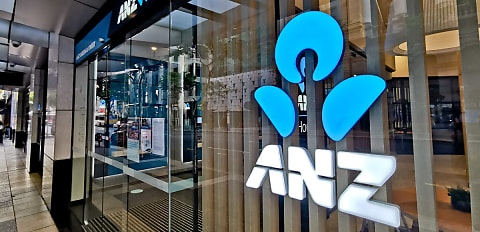ANZ head of Australian economics Adam Boyton stated the change in call to an extended pause of 4.1 per cent, although he acknowledged that the Reserve Bank of Australia (RBA) moving to hike in August is still a possibility.
According to Mr Boyton, ANZ’s change is not related to the RBA’s decision to appoint Michele Bullock as the central bank’s governor on 14 July 2023.
“Rather it reflects an assessment of the economy based on a deterioration in forward-looking labour market indicators, good news on the global inflation front, and increasing anecdotal evidence (including our own spending data) that the most recent rate hikes have had an impact on consumer behaviour,” Mr Boyton stated.
He added that wages forecasts and assumptions around productivity growth “appear to drive the RBA’s medium-term inflation forecasts”.
“We also noted a shift in tone from the RBA governor in his speech [address at the Economic Society of Australia] on Wednesday (12 July),” Mr Boyton said.
“He mentioned slow growth in consumption leading to greater discounting, expectations of an easing in unit labour costs as the unemployment rate rises, and that there are still significant fixed-rate resets to come.
“There was also a balanced discussion on inflation and a reminder that monetary policy works with a lag.”
Outgoing RBA governor Philip Lowe said during the address at the Economic Society of Australia: “It remains to be determined whether monetary policy has more work to do.
“It is possible that some further tightening will be required to return inflation to target within a reasonable time frame.”
Mr Boyton noted that this was “an arguably slightly more dovish phrase” than what was said in the post-meeting statement and “certainly much more dovish” than the statement following the April pause.
“Looking into 2024 our base case remains an extended pause before easing toward the very end of the year driven by both a higher unemployment rate and confidence inflation is returning to the band,” Mr Boyton added.
However, it is possible that moderation in inflation and a solid labour market could boost real household incomes and spending, which combined with signs that inflation is stuck above target, could require the RBA to tighten again next year, according to Mr Boyton.
[RELATED: New RBA governor announced]

